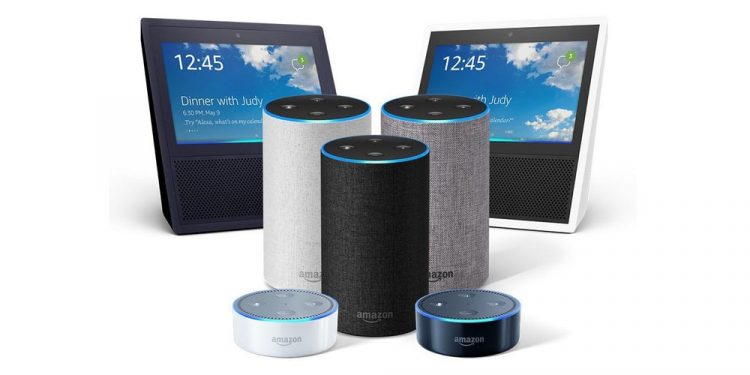BHUBANESWAR: Ever wished that you too had a Jarvis of your own that listens and executes every command you give? Well, major tech-giants with their latest voice-powered gadgets are slowly turning your wish into a reality. The cutting edge tech of voice search is gradually making its way into homes in the Capital.
Be it Amazon’s Alexa, Apple’s Siri, Windows’ Cortana, Google’s upcoming Home Hub or Facebook ’s newly unveiled portal, people of the smart city seem geared up to transform their search experience from text to voice.
“There has been increasing demand for gadgets that have the latest speech-recognition technology built into them. Siri and Alexa in particular are being sold like hot cakes. Last year, we sold about 380 Apple (with Siri platform) products and around 230 Amazon speakers. We have already sold 15 of these in the opening week of New Year and are expecting even higher sales this fiscal year,” said Biswajit Beura, owner of a gadget shop at Bapuji Nagar.

He, however, mentioned that sale figures from gadget stores are not the exact indicator of people’s mood and suggested the numbers could be even more as a large number of people prefer e-commerce over retail shops due to varied discounts and offers.
Voice interfaces have shown a quicker technological acceptance than any other invention. Why such sudden obsession with a robotic voice assistants? “Contextual understanding,” replies Vikrant Swain, senior software developer at a firm here.
“For instance, Siri- the voice assistant by Apple can converse as you would talk to a normal human being. The technology has a powerful speech-recognition system that understands commands despite us humans having a wide range of tones and accents,” he explains.

As the narrative for mobiles and gadgets slowly moves from text to audio, the buzz being observed is largely due to the younger generation. Amit Udeshi, a KIIT student who also runs a YouTube channel on gadget reviews, stated “hands-free” as the future.
“You observe the cell phone evolution. Earlier it was 4 alphabets fighting for one space on a keypad. This was followed by onset of touch pads and now several voice assistants,” Amit said.
However, Vikrant throws a word of caution against these human-to-machines inventions. He says that this advanced technology is potentially a nightmare as far as privacy is concerned.
“The ‘Hey Siri; Ok Google or Alexa’ triggers command activation to providers’ servers. The servers then run Natural Language Processing (NLP) algorithms that decipher the intent of the users. In this way, preferences choices and decisions may be heavily influenced or monitored by the service providers in the near future,” he added.
Swain also opined that apart from intrusion, these technologies are simply a waste of money. The veracity of his words can be confirmed by a recent survey that found that about a third of smart speaker users often become uninterested after the first month.
“Yes, it’s not exactly life-changing. However, people are certainly enthusiastic about it. However, there is a flipside to it. Smart speakers have single handedly resurrected radios at home and studies show that usage of Siri has reduced risks of accidents while driving,” Amit reasoned.
Aviral Mishra






































